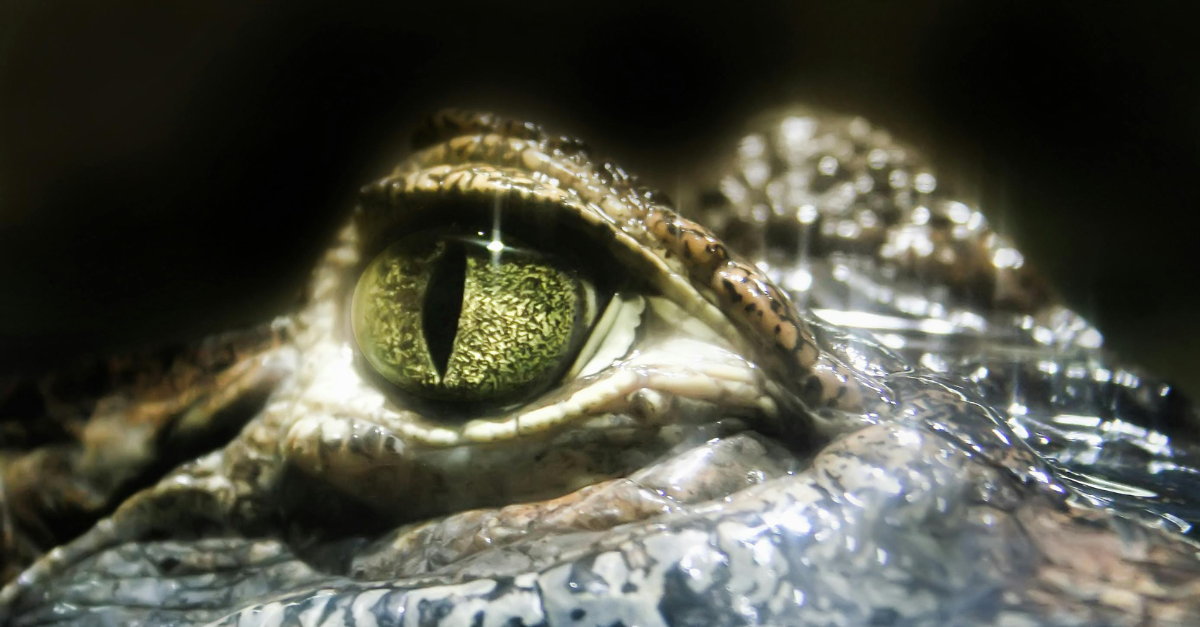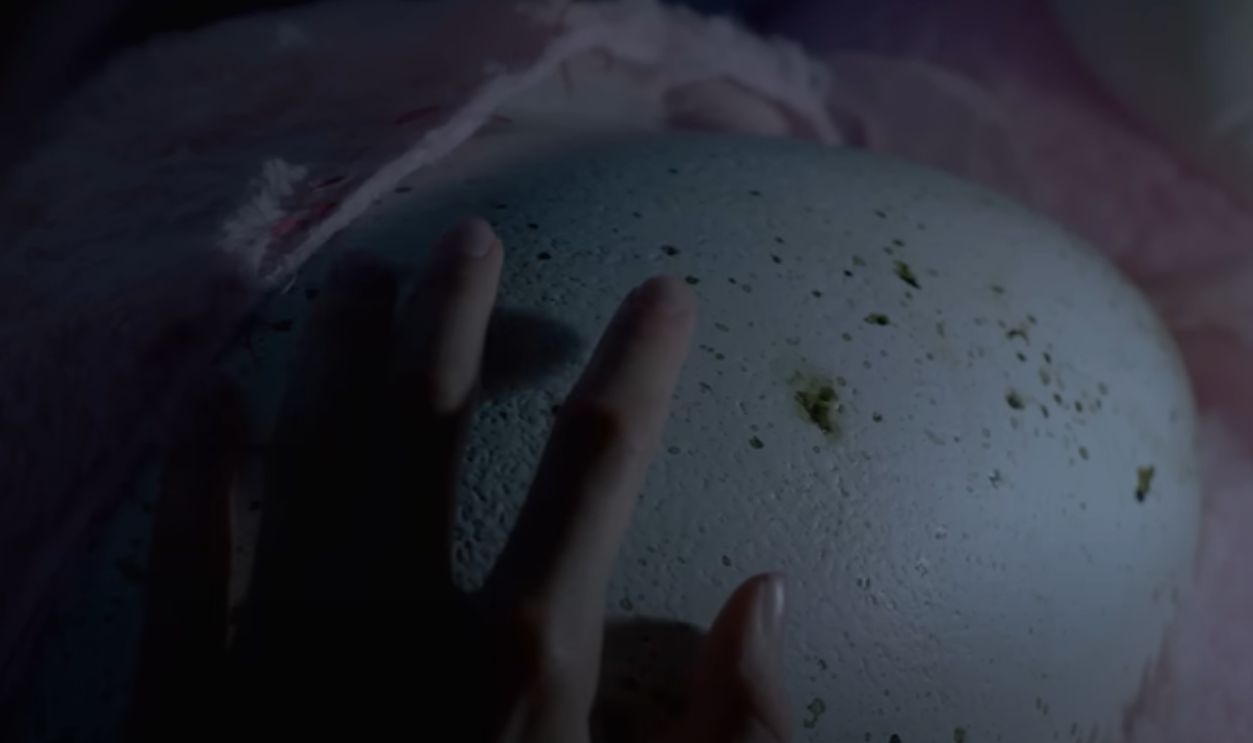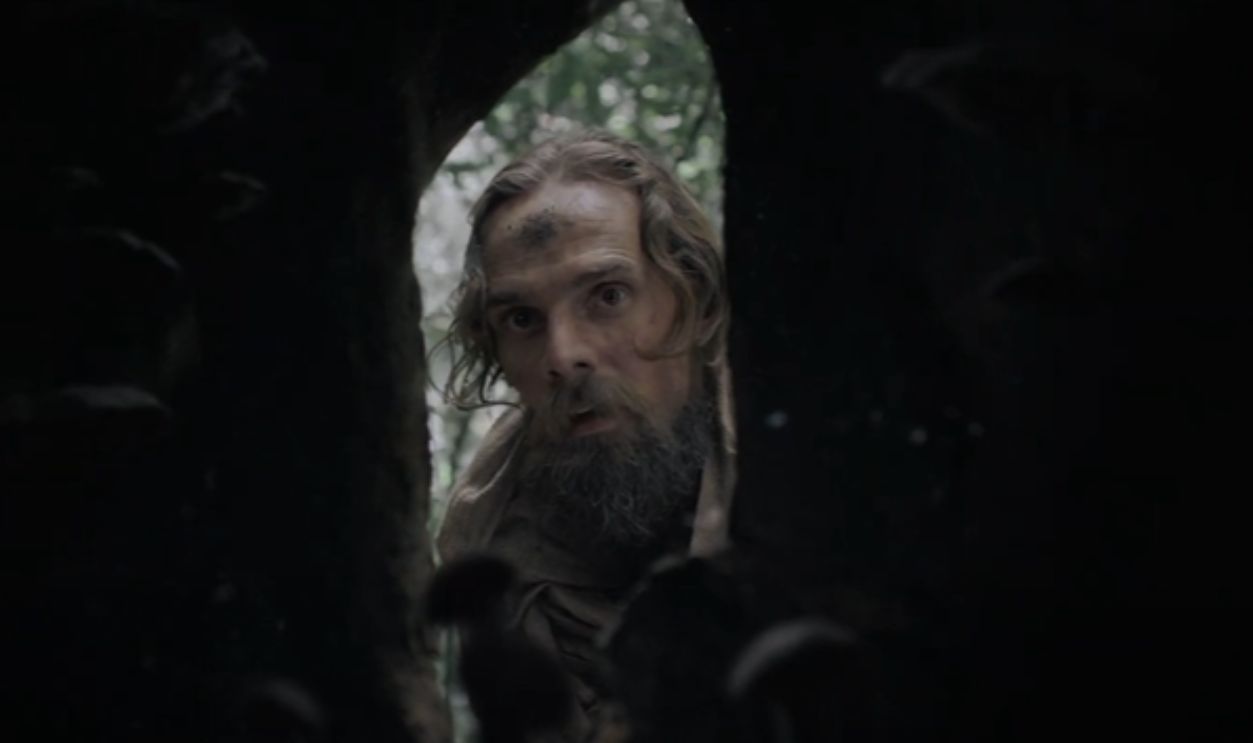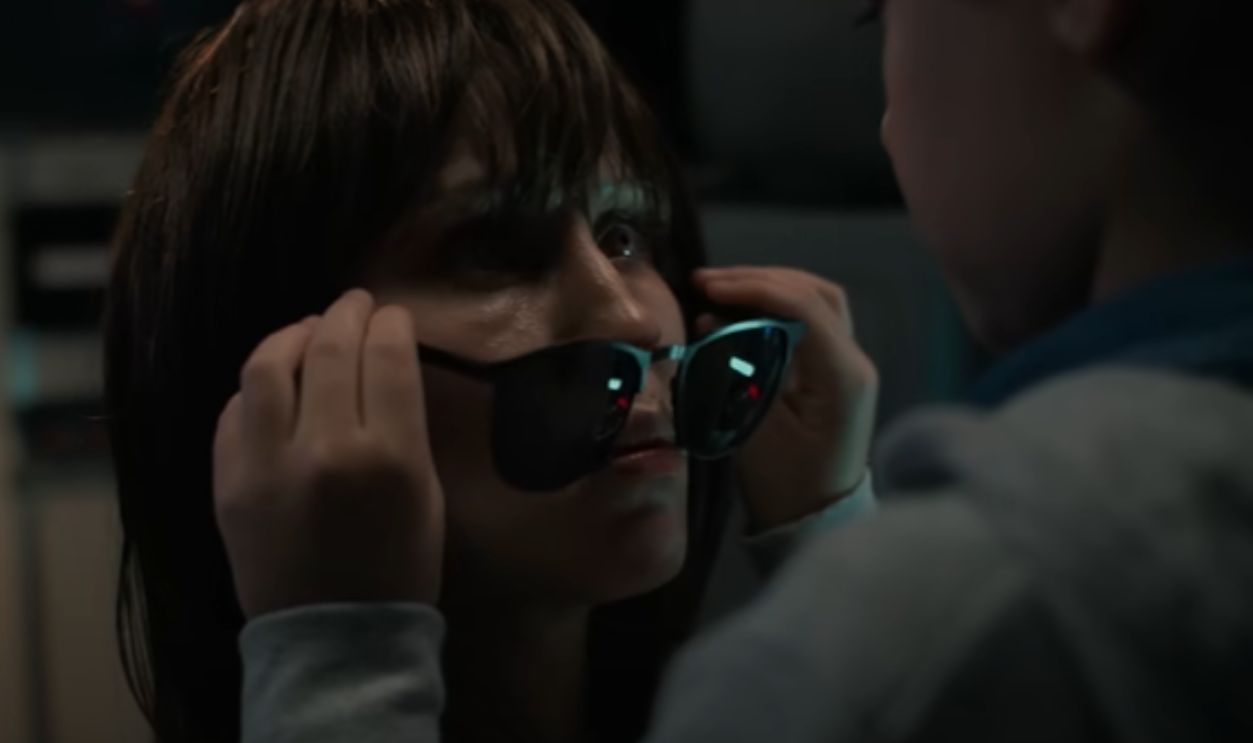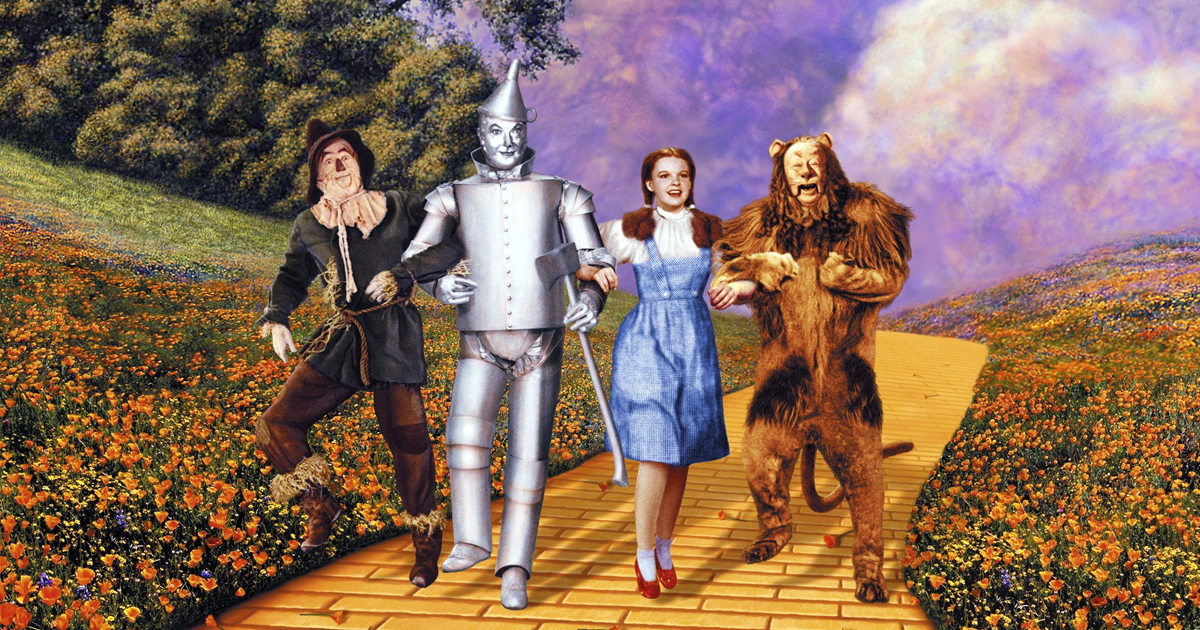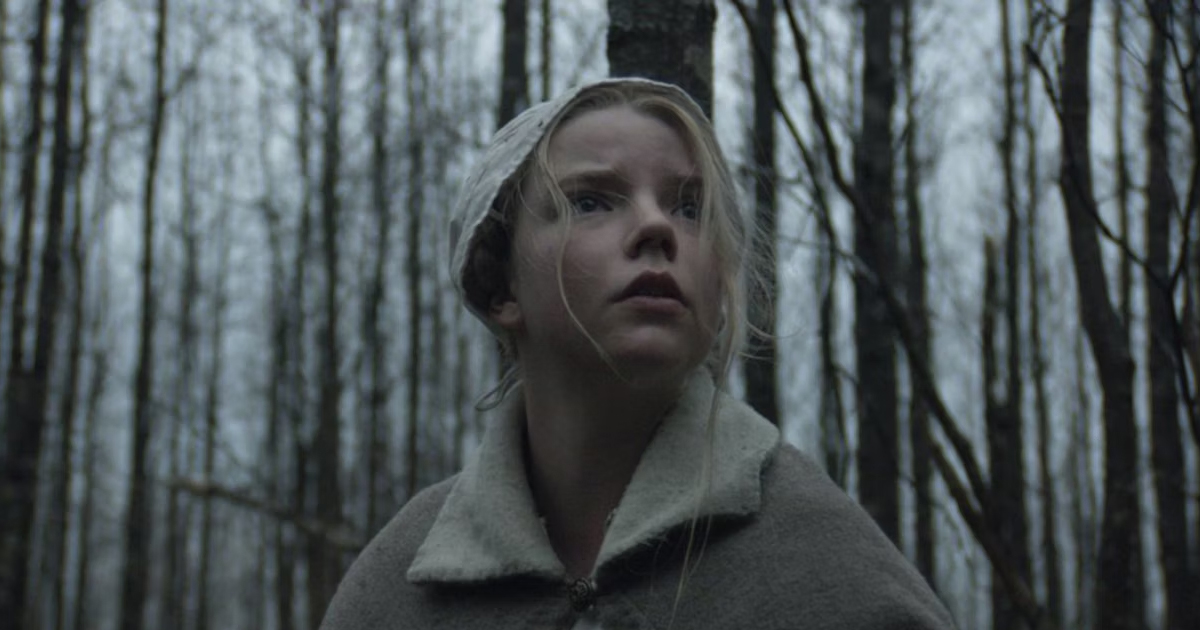When Nature Looks Back
Monsters stop being “monsters” the moment your brain whispers, Wait…could that happen? The picks below blend tactile effects, grounded stakes, and just-enough science to make their biology feel possible. We mixed modern nightmares with all-timer classics to give you the full evolutionary chart of terror—from sewer grates to the Mariana Trench.
Jaws
A beach town tries to outswim bad publicity and meets a predator that doesn’t negotiate. You rarely see the shark, which lets your survival brain do the heavy lifting. The fin, the wake, the churn—your senses fill in the rest, and it feels like a headline from this weekend.
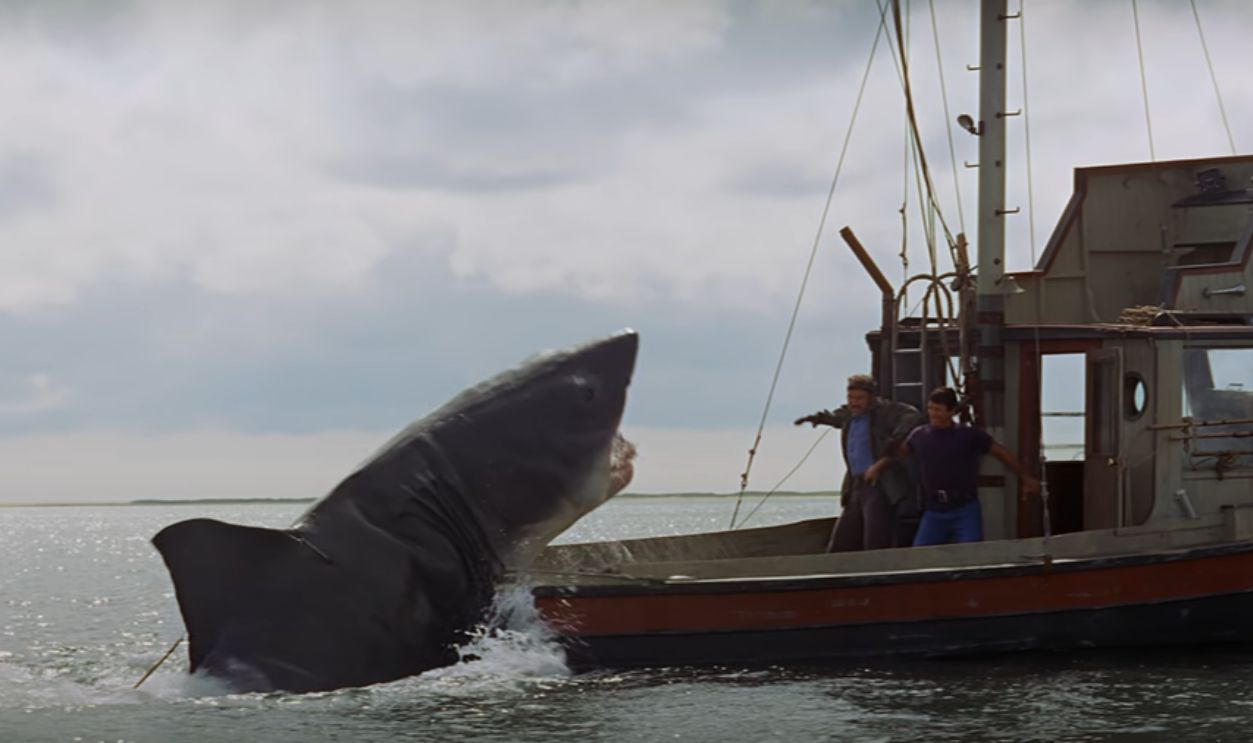 Universal Pictures, Jaws (1975)
Universal Pictures, Jaws (1975)
Barbarian
A simple rental mix-up tunnels into a subterranean nightmare that feels grimy enough to smell. What makes it sting is the sad, almost domestic logic underneath the horror. The monster’s instincts are recognizable, which makes every chase beat feel horribly plausible.
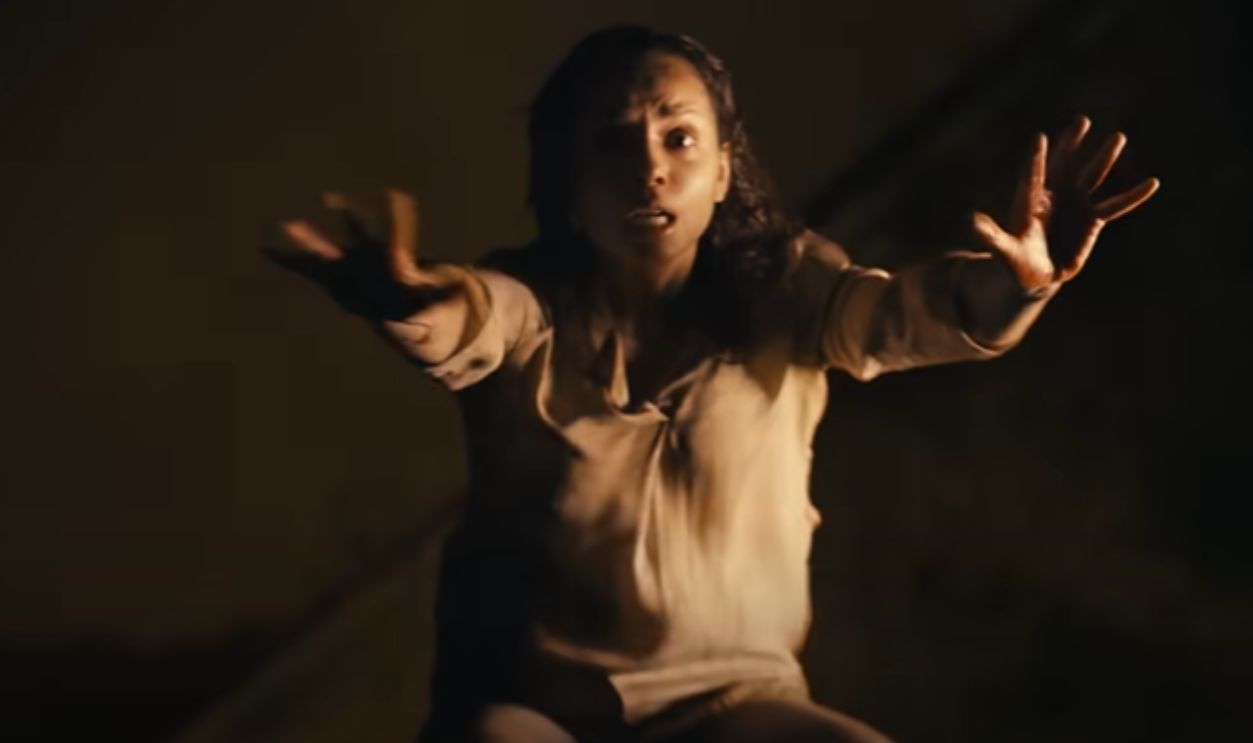 20th Century Studios, Barbarian (2022)
20th Century Studios, Barbarian (2022)
The Thing
Isolation, cold, and a parasite that imitates perfectly—terror by way of biology. The rules are simple and merciless, so suspicion becomes the real contagion. Autopsies and “tests” play like procedures, not plot devices, which is why the grotesque hits so hard.
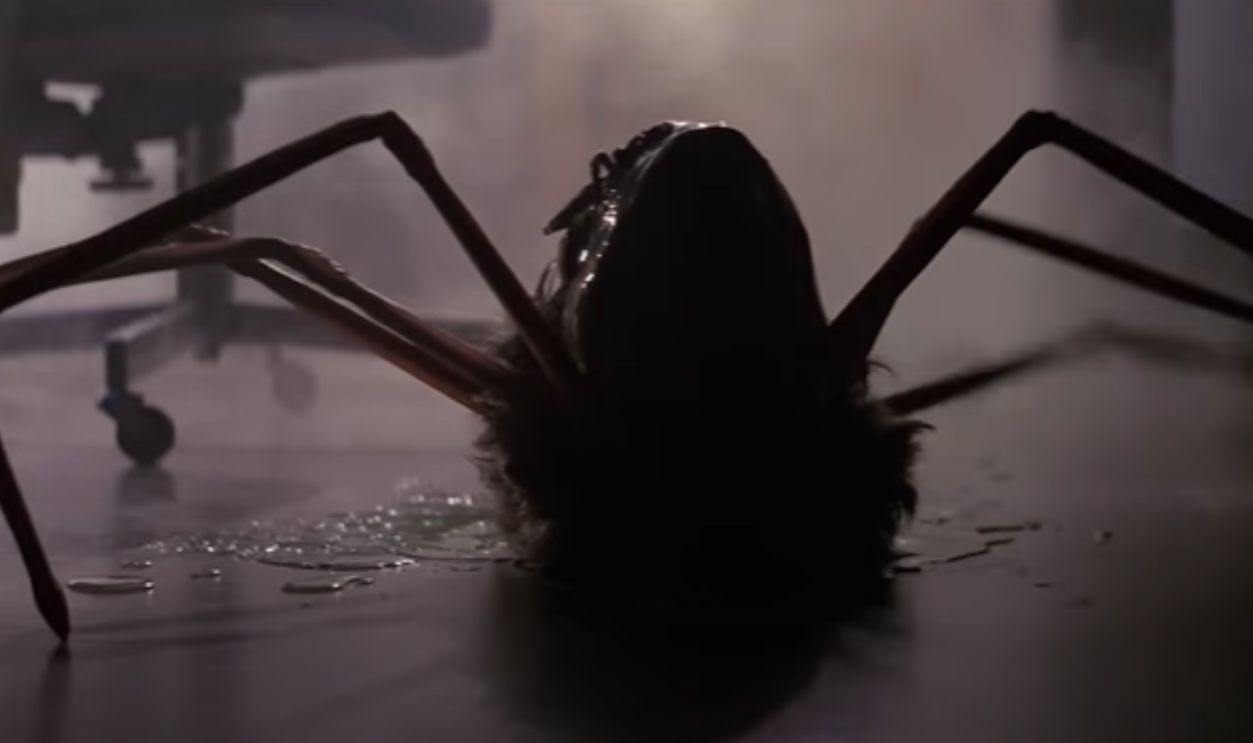 Universal Pictures, The Thing (1982)
Universal Pictures, The Thing (1982)
Crawl
Hurricane winds push floodwater into a Florida home—and hungry gators right behind it. The layout is legible, the animal behavior feels heightened but real, and the clock is the rising waterline. By the end, you will never step into a crawlspace without thinking twice.
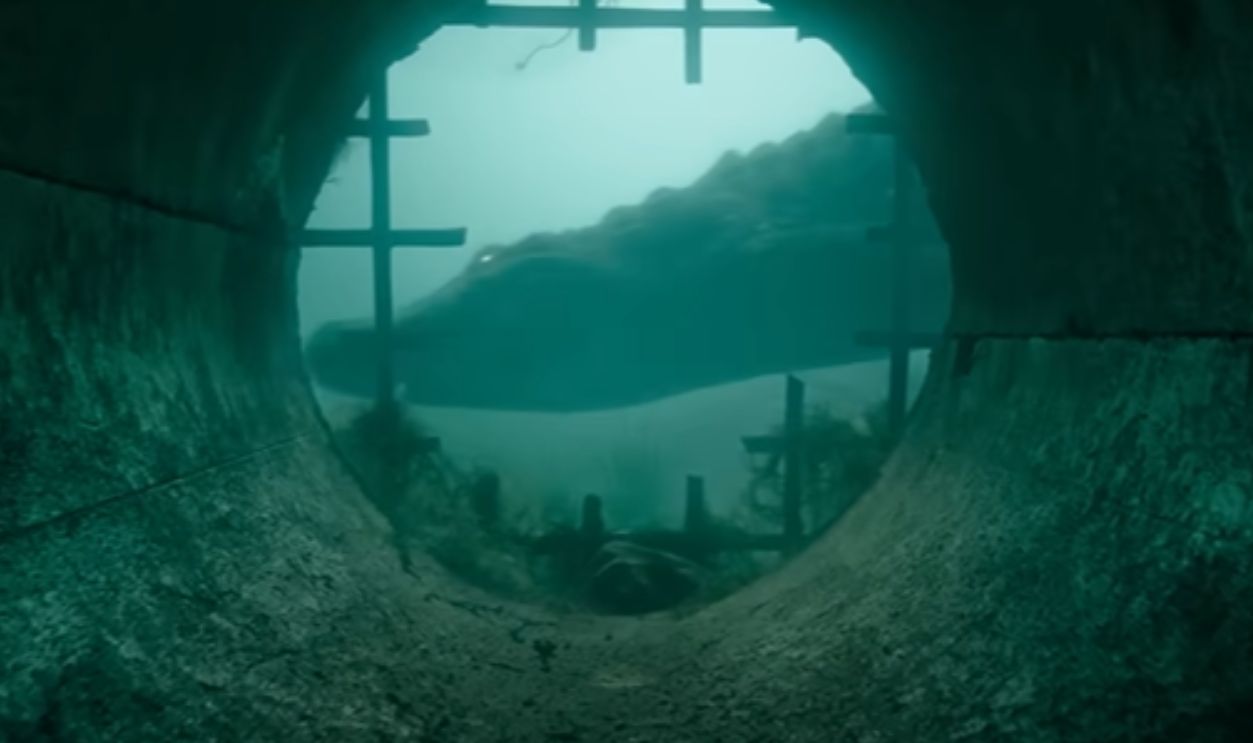 Paramount Pictures, Crawl (2019)
Paramount Pictures, Crawl (2019)
Hatching
A girl shelters a mysterious egg until it becomes a half-bird, half-self doppelgänger. The creature’s growth is all clammy latex and wet feathers, so your stomach believes before your eyes do. The family drama sells the horror as something that could incubate in any house.
Underwater
Seven miles down, the suits groan, the bulkheads weep, and the lights die in the silt. That industrial texture makes every silhouette in the floodlights feel like a documentary accident. It’s blue-collar science turned survival drill—right up until the ocean reveals what’s older than us.
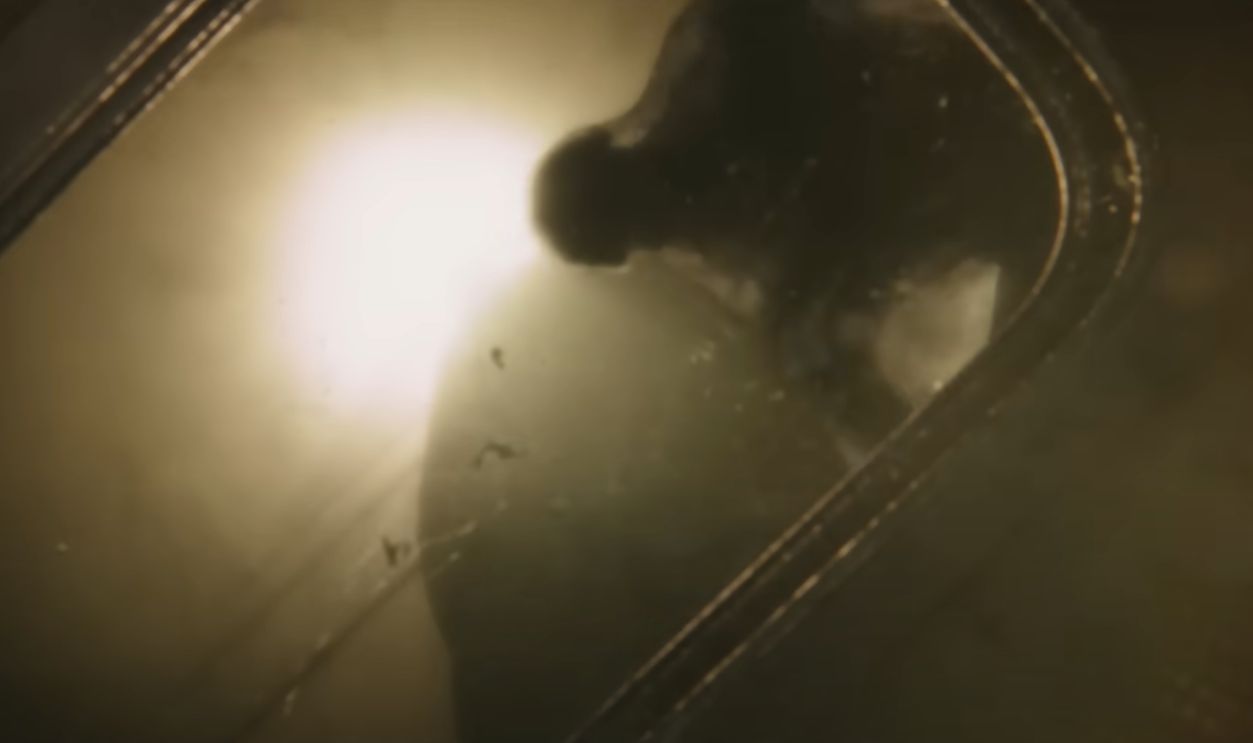 20th Century Studios, Underwater (2020)
20th Century Studios, Underwater (2020)
Alien
A routine haul turns catastrophic when a new life cycle inserts itself into the crew’s. The ship is a greasy workplace, not a fantasy bridge, which keeps the biology front and center. The creature’s reproduction reads as chillingly logical, which is why it crawls under your skin.
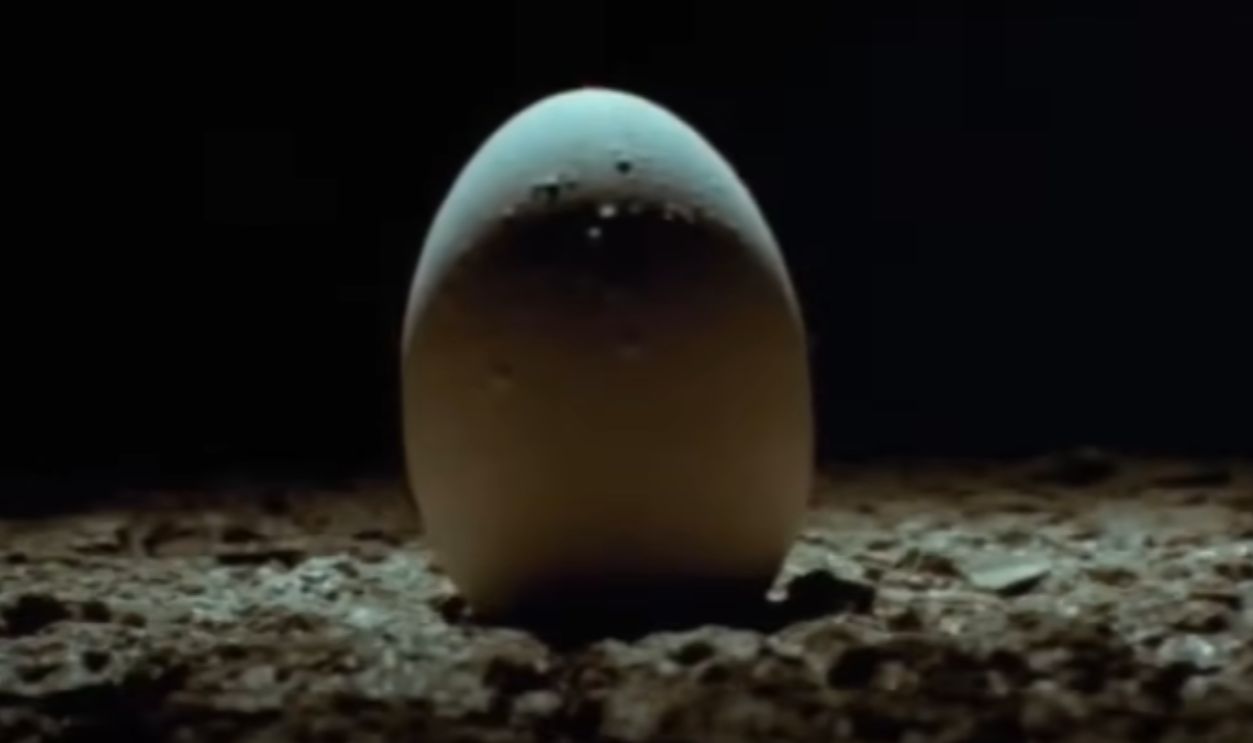 20th Century Fox, Alien (1979)
20th Century Fox, Alien (1979)
Sting
A kid’s odd pet molts into something far too large for a rent-controlled apartment. Clever framing makes potted plants, ceiling vents, and junk drawers into panic zones. You’ll catch yourself scanning every room you enter, like the movie trained you without permission.
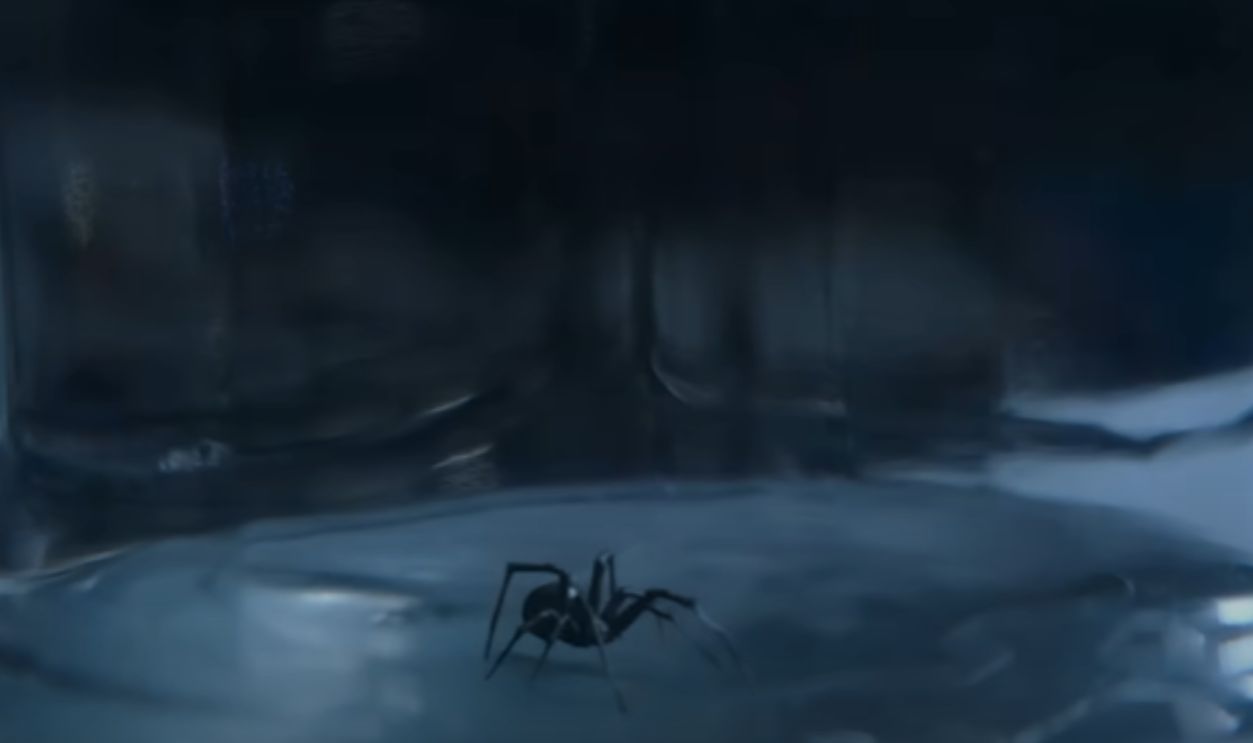 Well Go USA Entertainment, Sting (2024)
Well Go USA Entertainment, Sting (2024)
Godzilla Minus One
A country rebuilding from fighting faces a walking aftershock. Human-scale guilt and sacrifice anchor the spectacle, so the devastation lands with historical weight. The monster’s power feels less mythical than mechanical, like physics with teeth.
 Toho Co., Ltd., Godzilla Minus One (2023)
Toho Co., Ltd., Godzilla Minus One (2023)
The Fly
A scientific breakthrough decays into a medical crisis in slow motion. Skin, teeth, gait—each new symptom makes the body horror feel like anatomy class gone wrong. Tragedy, not triumph, is the logical endpoint, and that’s what makes it stick.
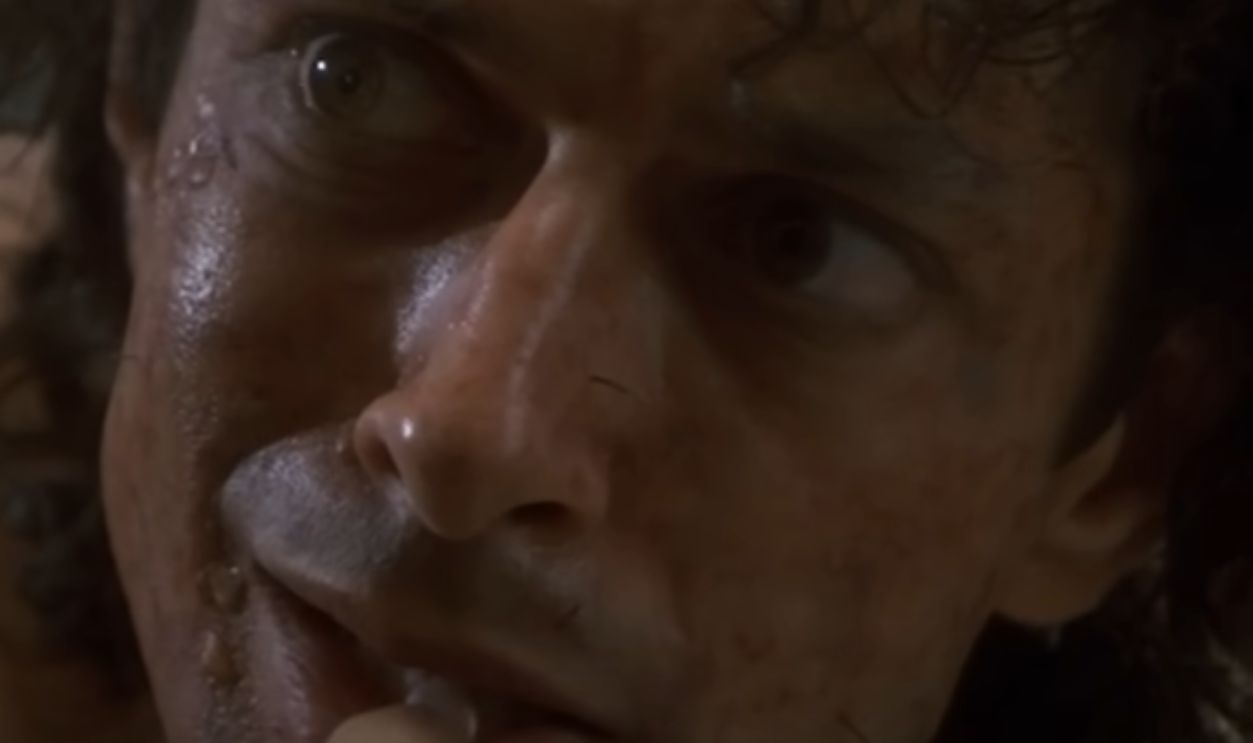 20th Century Fox, The Fly (1986)
20th Century Fox, The Fly (1986)
Sweetheart
Shipwrecked and alone by day, hunted by something nocturnal by night. With almost no gear and zero backup, survival turns procedural—fires, flares, footprints. The flare-lit reveal across black water is the kind of image your brain refuses to file away.
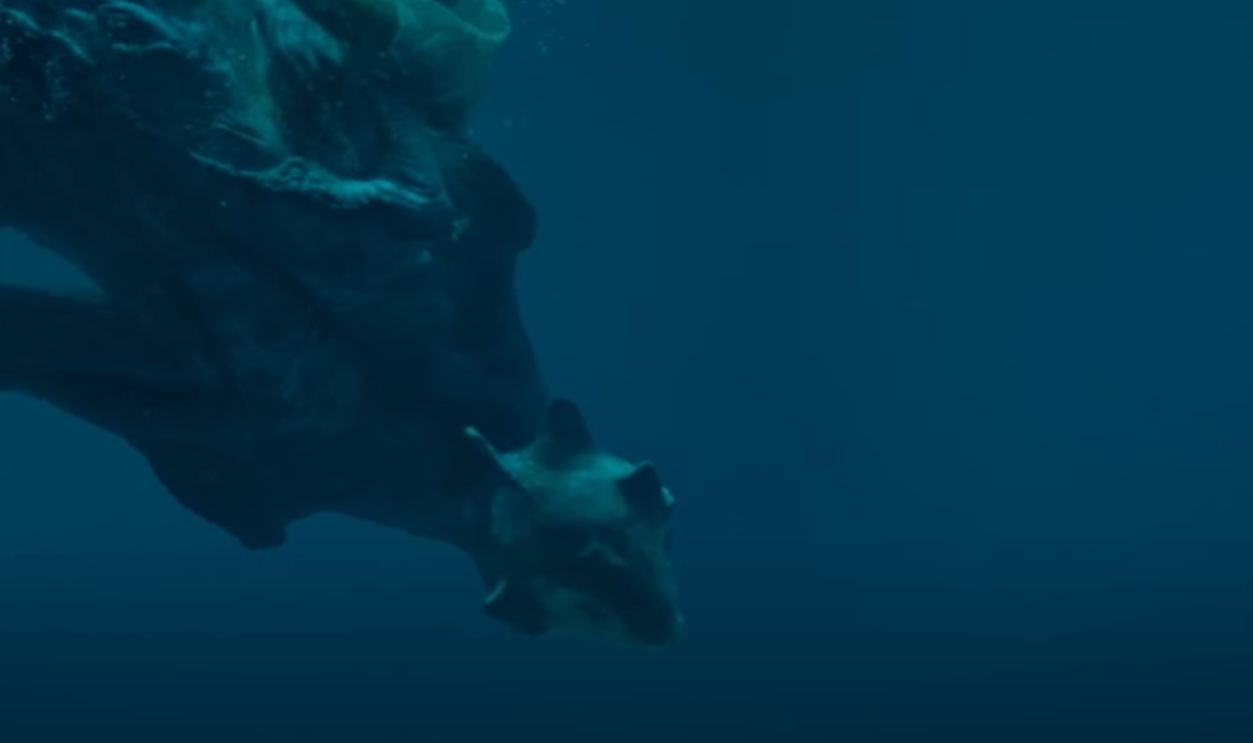 Blumhouse Productions, Sweetheart (2019)
Blumhouse Productions, Sweetheart (2019)
The Djinn
A lonely kid follows ritual instructions and learns folklore always has a surcharge. The rules are specific enough to feel real, which turns the apartment into a trap of his own design. Every knock, shadow, and footfall arrives like an invoice coming due.
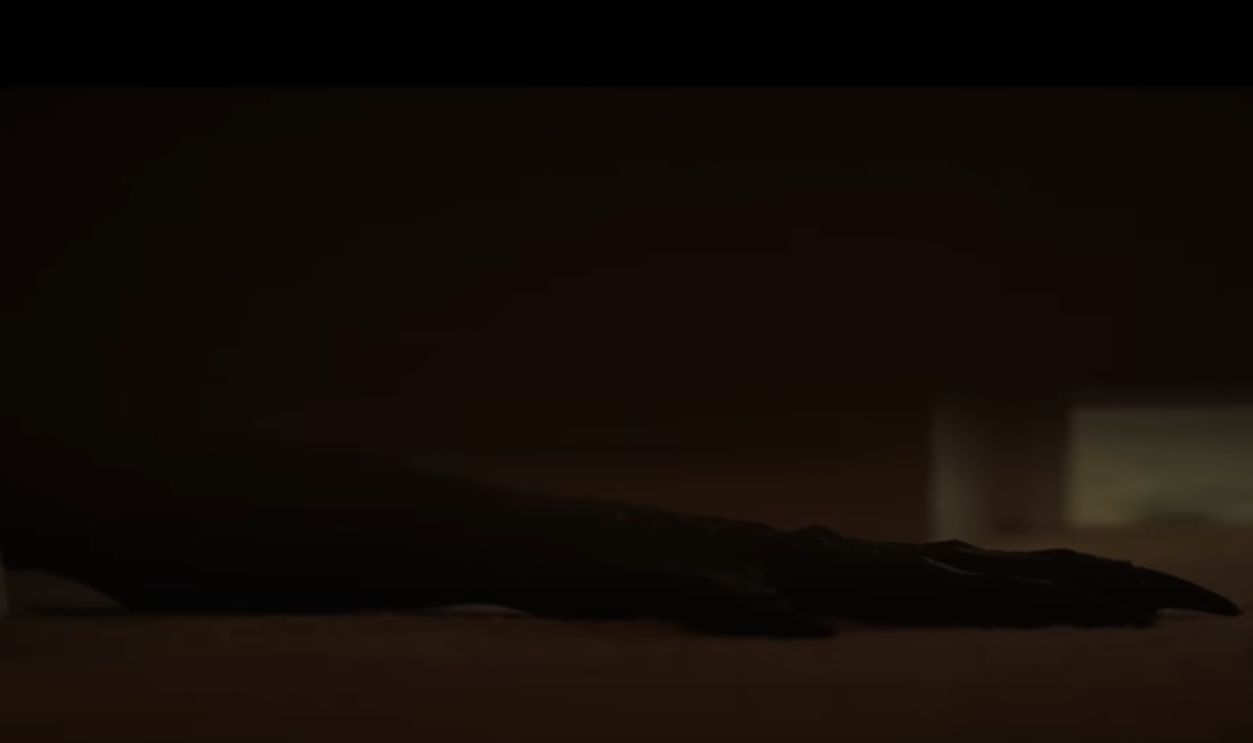 Independent Film Company, The Djinn (2021)
Independent Film Company, The Djinn (2021)
An American Werewolf In London
A bite on the moors blooms into a transformation under fluorescent light. The metamorphosis isn’t hidden by shadows; it’s joints, tendons, and terror in broad view. Because it plays like anatomy, the myth suddenly feels like a diagnosis with a timeline.
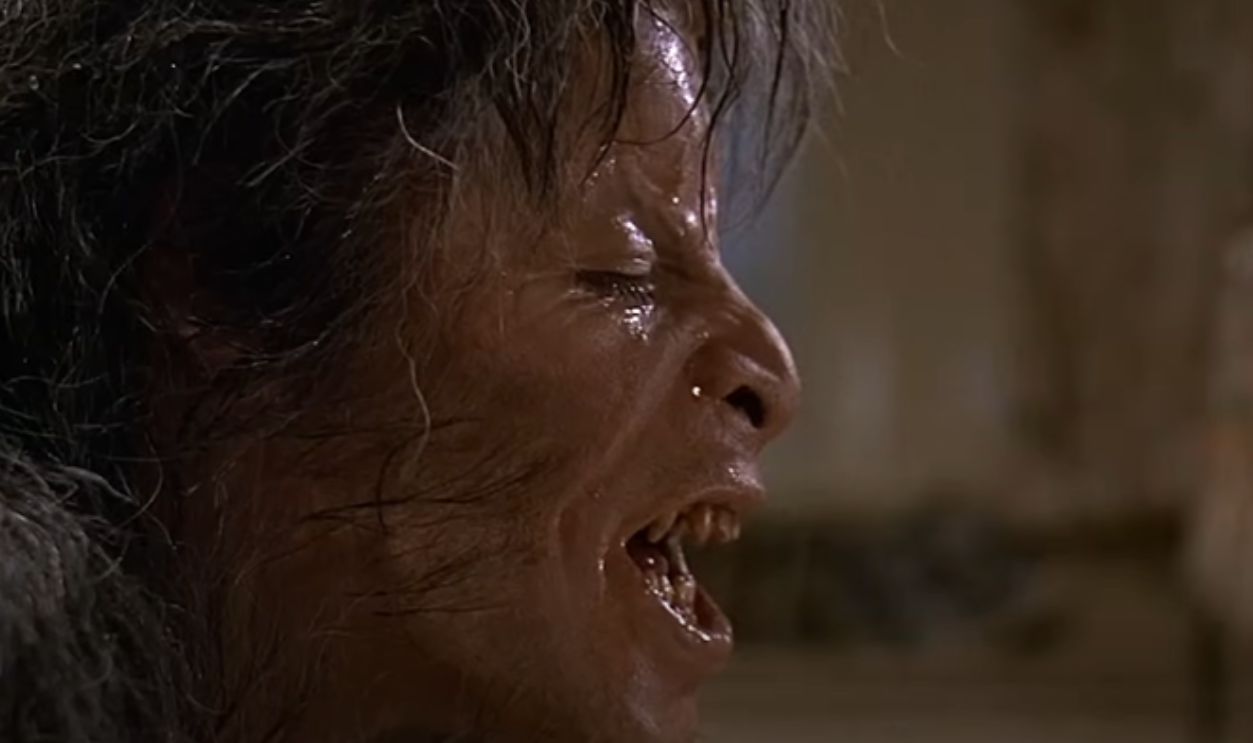 Universal Pictures, An American Werewolf in London (1981)
Universal Pictures, An American Werewolf in London (1981)
Gaia
Fungal logic takes over the food chain, and the forest stops behaving like scenery. Spore clouds, rashes, and blind, clicking hunters map to a disturbing eco-myth that makes sense. The more it explains, the less you want to breathe.
Cobweb
Nightly knocking in the walls becomes a child’s only confidant—and then something worse. The suburban Halloween vibe lures you into thinking it’s imaginary. When the truth crawls into view, it’s clear the house wasn’t the family’s only secret.
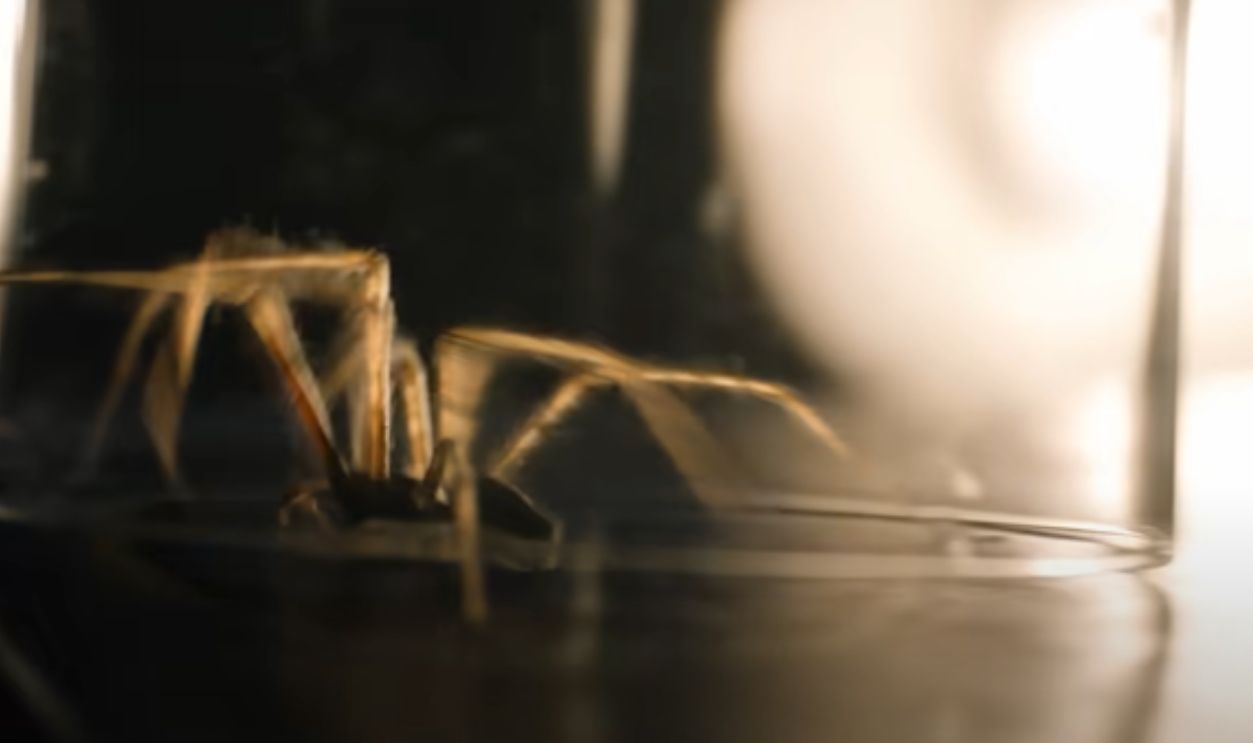 Lionsgate Films, Cobweb (2023)
Lionsgate Films, Cobweb (2023)
Alligator
Urban legend meets municipal neglect: a sewer-raised reptile outgrows the pipes. Pet-store runoff, infrastructure blind spots, and media spin make the story track uncomfortably well. Every manhole cover becomes a mouth you’d rather not step over.
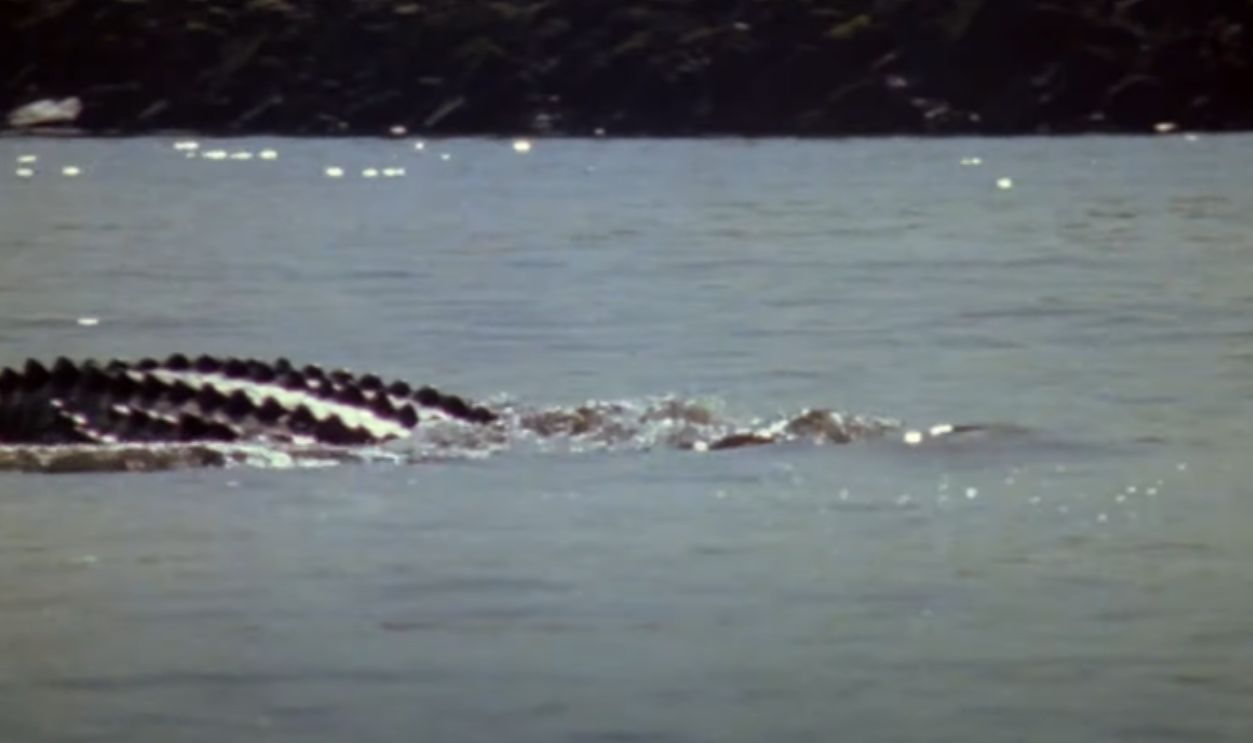 Group 1 Films, Alligator (1980)
Group 1 Films, Alligator (1980)
Blood Red Sky
A hijacked overnight flight turns into a pressurized feeding ground—with a feral guardian aboard. The aircraft’s routines and compartments give the horror a locked-room logic. What starts as crisis management escalates into a mother’s monstrous calculus.
Nope
Something in the sky behaves like wildlife—until it behaves like a trap. The movie treats spectacle like a predatory tactic, which reframes “looking” as a fatal mistake. You’ll catch yourself checking the clouds for shapes that don’t act like clouds.
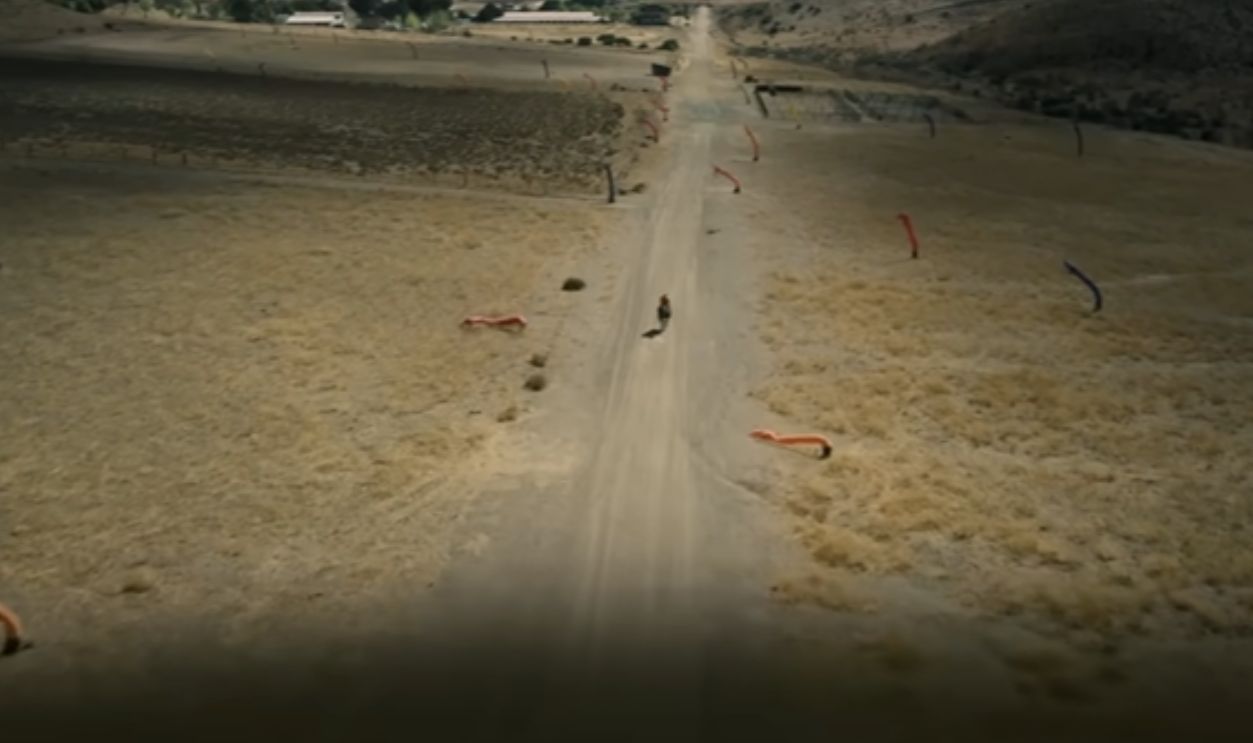 Monkeypaw Productions, Nope (2022)
Monkeypaw Productions, Nope (2022)
47 Meters Down: Uncaged
Cave diving math is bad enough—air left, distance back, lights dying. Add an adapted shark that hunts by sound, and the water becomes pure geometry and fear. Each silt-out feels like drowning in a snow globe someone just shook.
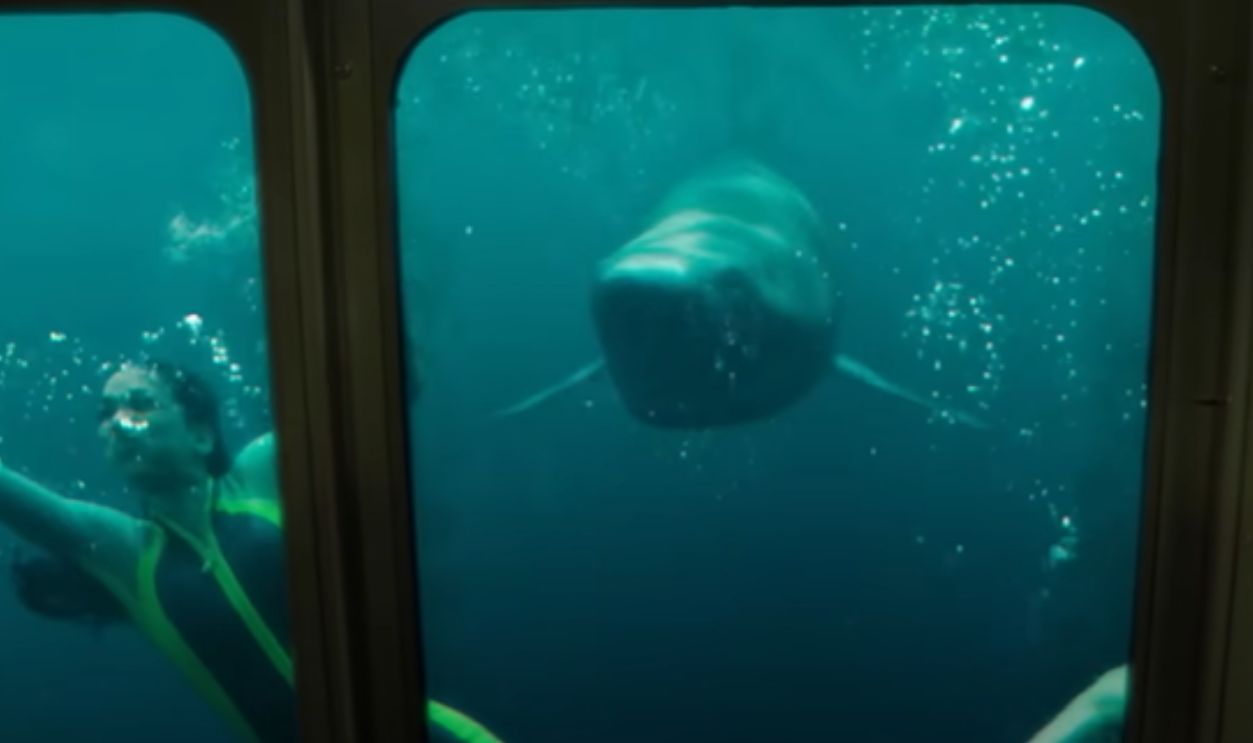 Altitude Film Distribution, 47 Meters Down: Uncaged (2019)
Altitude Film Distribution, 47 Meters Down: Uncaged (2019)
No One Will Save You
Almost no dialogue, just footfalls, breath, and the problem-solving rhythm of pure panic. The intruders range from spindly prowlers to looming colossi, and you learn their language by surviving it. By the end, silence feels like a strategy you might try at home.
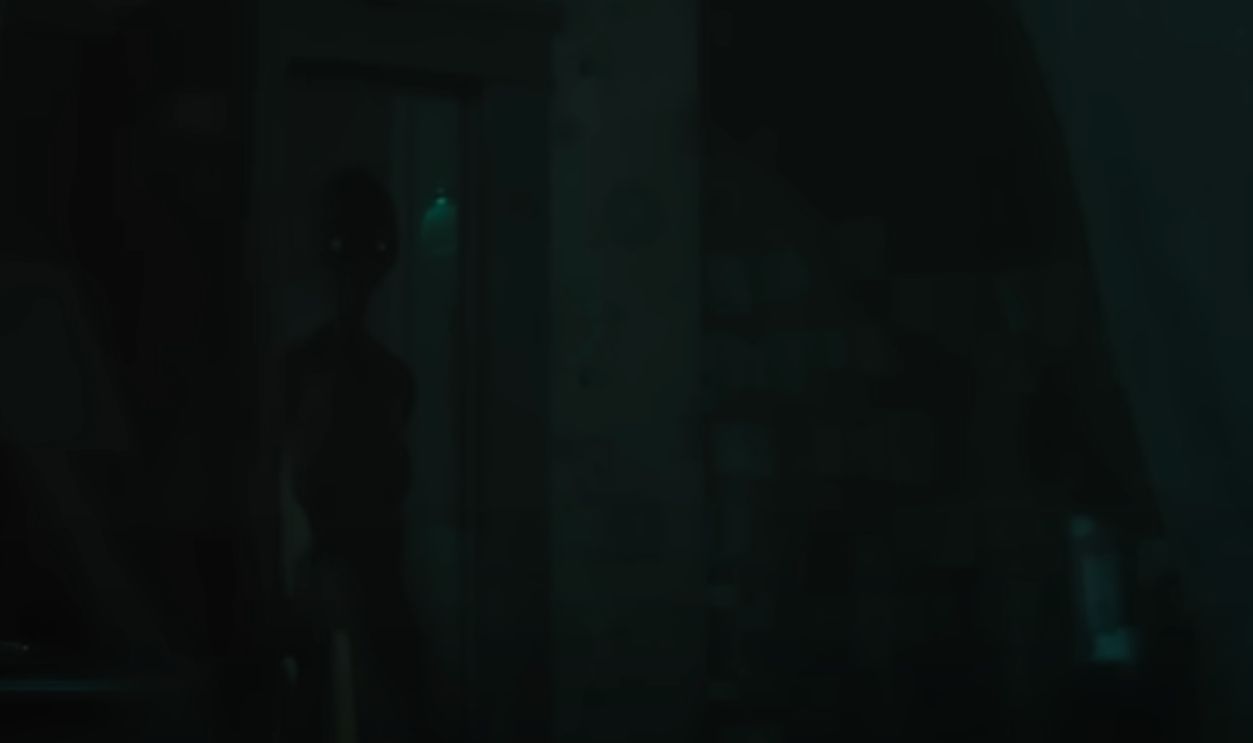 20th Century Studios, No One Will Save You (2023)
20th Century Studios, No One Will Save You (2023)
Final Warning Label
If there’s a throughline here, it’s that the scariest creature features respect geography, rules, and physics—just enough to pass for possible. Whether it’s spores in the wind, a shadow on the surf, or a vent above your bed, the monster wins the second you think, “That could really happen”.
You May Also Like:
The Most Decorated Actors In Awards History
Weird Movies That Only Got Popular Years After Release

